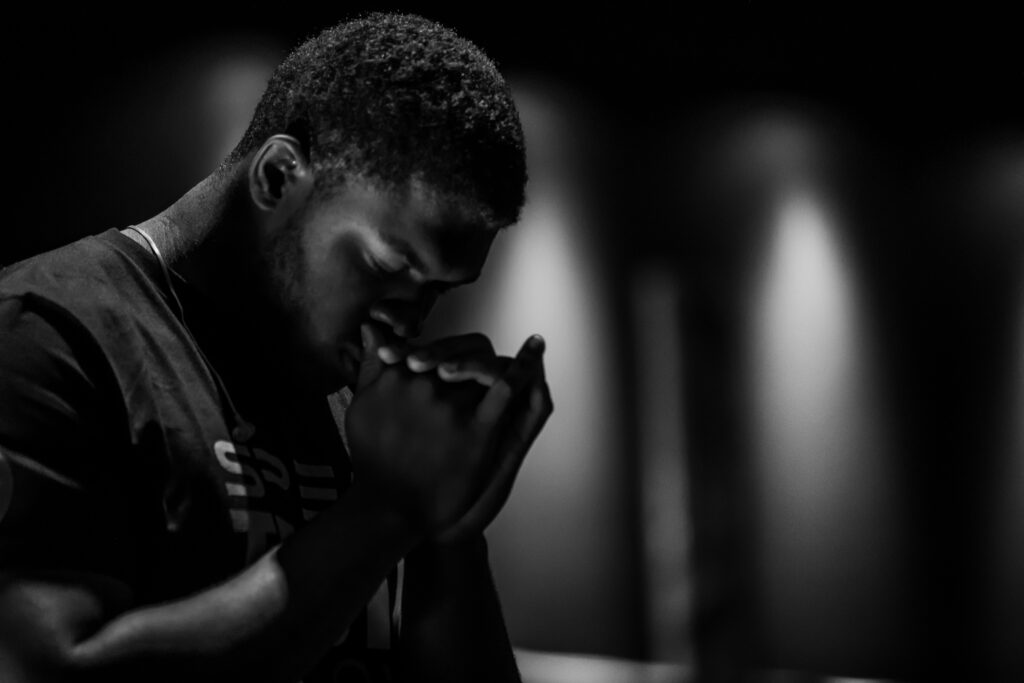Last Updated on January 12, 2024
Ever wondered how the fear of judgment can cast a shadow over someone’s ability to connect with others romantically? In this exploration, we dive into the practical challenges faced by individuals who, due to social anxiety, find themselves navigating the world of relationships for the first time.
Defining Social Anxiety
Social anxiety isn’t just shyness; it’s a persistent fear of judgment and negative evaluation in social situations. This fear can become a significant barrier, making it tough for individuals to initiate and sustain romantic connections.
Why It Matters
So, why does this matter? Understanding how social anxiety affects one’s ability to engage in relationships is more than a psychological curiosity. It’s a crucial step toward empathy and support. Join us as we shed light on this intersection, aiming to raise awareness and provide practical insights for those grappling with social anxiety and relationship challenges.
Understanding Social Anxiety
Defining Symptoms
Social anxiety manifests in various ways, from physical symptoms like trembling and sweating to cognitive symptoms such as excessive self-consciousness and fear of embarrassment. The internal turmoil caused by social anxiety can be a formidable barrier to initiating and sustaining romantic relationships.
Impact on Social Interactions and Relationships
The repercussions of social anxiety extend beyond momentary discomfort. Persistent avoidance of social situations can lead to isolation, limiting opportunities to form connections. The fear of judgment can be so intense that individuals may refrain from expressing interest in others, inadvertently closing the door to potential relationships.
Dispelling Misconceptions
Common misconceptions surrounding social anxiety often contribute to the stigma associated with it. It’s vital to debunk myths and highlight that social anxiety is a legitimate mental health condition that requires understanding and support.

The Struggle of Never Being in a Relationship
Personal Experiences
Individuals grappling with social anxiety and a lack of relationship experience often face a dual challenge. Their personal narratives underscore the profound impact of social anxiety on their ability to connect with others romantically. These stories provide valuable insights into the emotional toll of navigating life without the support of a romantic relationship.
Factors Contributing to Difficulty
Several factors contribute to the struggle of never being in a relationship for those with social anxiety. Fear of rejection, negative self-perception, and heightened sensitivity to social cues can create a self-perpetuating cycle that makes it difficult to break free from isolation.
Emotional and Psychological Impact
Isolation resulting from a lack of relationships can take a toll on emotional and psychological well-being. Feelings of loneliness, inadequacy, and a sense of missing out on a fundamental aspect of human experience can exacerbate the already challenging symptoms of social anxiety.
Breaking Down Barriers
Recognizing and Challenging Negative Thought Patterns
One crucial step in overcoming the challenges posed by social anxiety is recognizing and challenging negative thought patterns. Cognitive-behavioral techniques can empower individuals to reframe their perceptions of social interactions, gradually diminishing the fear associated with them.
Building Self-Confidence and Self-Esteem
Developing self-confidence is fundamental to breaking down the barriers imposed by social anxiety. Through self-reflection, setting realistic goals, and celebrating small victories, individuals can cultivate a positive self-image that paves the way for healthier relationships.
Seeking Professional Help and Support Groups
Professional guidance, such as therapy and counseling, can be instrumental in addressing social anxiety and its impact on relationship initiation. Additionally, support groups provide a sense of community where individuals can share experiences, strategies, and encouragement.
Navigating Social Interactions
Gradual Exposure to Social Situations
Taking small steps toward exposure to social situations is a proven strategy for overcoming social anxiety. Incremental progress, whether through attending social events or engaging in one-on-one interactions, allows individuals to build confidence at their own pace.
Developing Effective Communication Skills
Navigating social interactions involves honing effective communication skills. This includes active listening, expressing thoughts and feelings clearly, and interpreting social cues accurately. These skills are essential for fostering connections and establishing meaningful relationships.
Overcoming Fear of Judgment and Rejection
The fear of judgment and rejection can be paralyzing, but addressing it head-on is crucial. By challenging irrational thoughts, understanding that rejection is a natural part of life, and learning from experiences, individuals can gradually overcome this fear and open themselves to the possibility of relationships.
Building Healthy Relationships
Establishing Boundaries
Healthy relationships thrive on clear communication and well-defined boundaries. Individuals overcoming social anxiety need to develop a strong sense of self and assertiveness to establish and maintain boundaries that contribute to the overall well-being of the relationship.
Learning to Trust and Be Vulnerable
Trust is a cornerstone of any successful relationship. For individuals with social anxiety, learning to trust others and be vulnerable can be a gradual process. Building trust involves open communication, mutual understanding, and a willingness to share one’s authentic self.
Importance of Mutual Understanding and Communication
In healthy relationships, mutual understanding is key. Partners should be aware of each other’s needs, triggers, and communication styles. For those overcoming social anxiety, fostering open communication about their struggles and progress is essential for building a strong foundation.
Seeking Support
Connecting with Others Who Share Similar Experiences
Support from others who have faced or are facing similar challenges can be invaluable. Online and in-person support groups create a sense of community, providing a platform for sharing coping strategies, success stories, and encouragement.
Therapy Options for Social Anxiety
Professional help, including therapy and counseling, offers tailored strategies for overcoming social anxiety. Therapists can provide guidance on challenging negative thought patterns, building self-esteem, and navigating social interactions.
The Role of Friends and Family
Friends and family play a crucial role in supporting individuals with social anxiety. Understanding the challenges faced by a loved one and offering patience, encouragement, and non-judgmental support can make a significant difference in their journey toward healthier relationships.
Conclusion
In conclusion, the intersection of social anxiety and never having been in a relationship is a complex landscape that requires understanding, empathy, and proactive support. By acknowledging the challenges, dispelling misconceptions, and providing guidance on overcoming barriers, we can pave the way for individuals to embark on a journey towards meaningful connections and fulfilling relationships. Remember, the path to breaking free from the shackles of social anxiety is unique for each individual, but with compassion and the right support, it is a path that can be navigated successfully.








